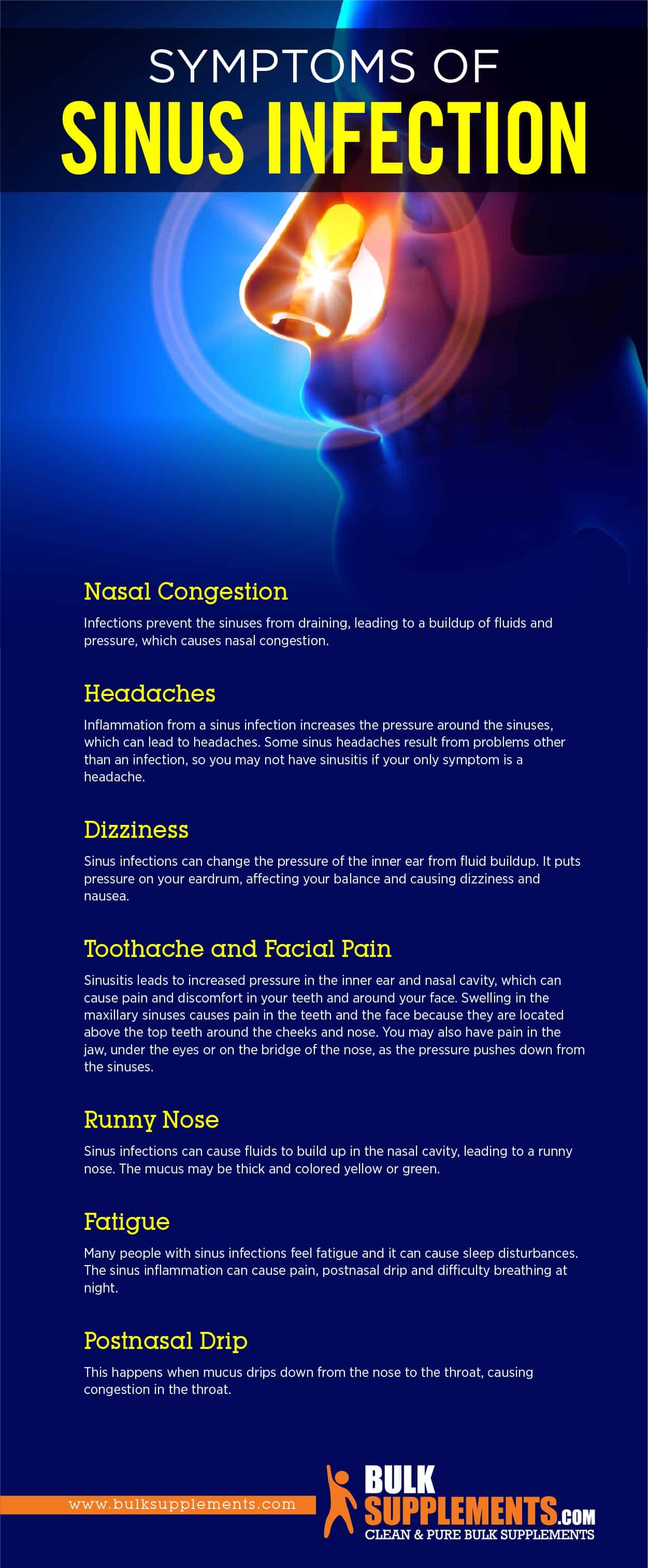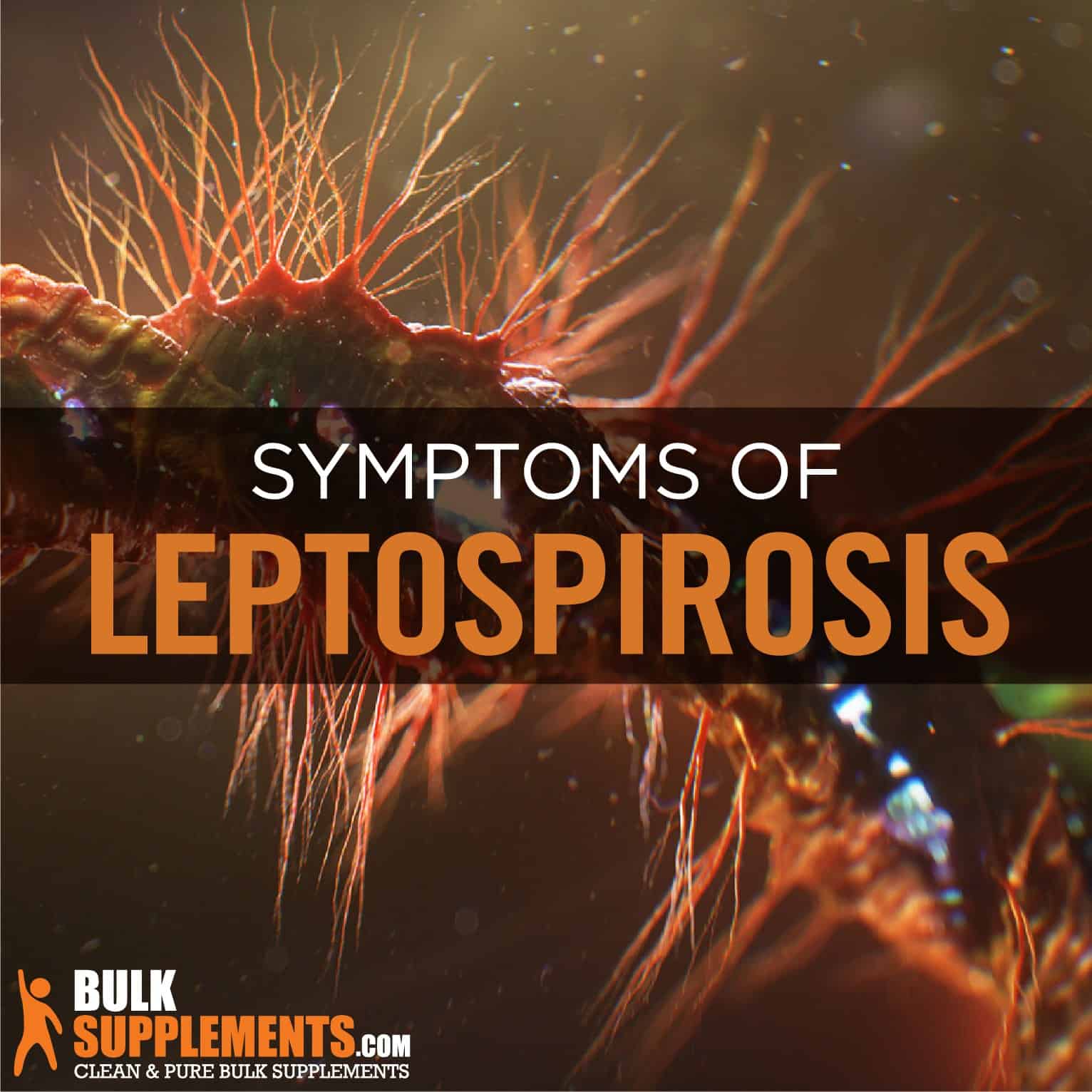Sinus Infection: Symptoms, Causes & Treatment
by James Denlinger Digital Marketing StrategistWhat is a Sinus Infection?
A sinus infection, also known as sinusitis, is a common medical condition that affects millions of people every year. The sinuses are cavities that make mucus to drain out of the nose, and sinus inflammation can cause infection. When the sinuses drain, the nose is clean. But when they are blocked, fluid can build up and cause infection.
Sinus infections share many symptoms with the common cold and the flu. You may have nasal congestion, headaches, dizziness and fatigue. But unlike a cold or flu, they can be bacterial. When the sinuses do not drain, bacteria can build up and cause infection. Like a cold, infections can also be viral, which are harder to treat than bacterial sinus infections because they do not respond to antibiotics.
Causes of Sinus Infections
A sinus infection can be viral, bacterial or fungal. When these substances spread to the sinuses, it leads to inflammation and blocks the sinuses, keeping them from draining properly and causing pressure to build up. Allergies are also a common cause of sinus infections. As the body’s immune system responds to dust, pollen or dander, it leads to inflammation.
A broken nose or a physical obstruction in the sinuses can also lead to a sinus infection. They can keep fluids trapped in the nasal cavity, causing bacteria buildup.
People with a deviated septum are also more likely to develop sinus infections. A deviated septum is when the nasal septum is severely off-center. It can disrupt the way the sinuses drain and cause infections.
Sinus Infections vs. Colds
Many people cannot tell whether they have a cold or a sinus infection. Although the symptoms are similar to a cold, a sinus infection is different because it can be bacterial and not only viral. But sometimes a cold can turn into a sinus infection. One of the main differences is that a cold only lasts about five to ten days, whereas sinus infections can last for weeks or months.
Colds are contagious and some sinus infections can be as well. A viral sinus infection is contagious, while a sinus infection caused by bacteria or nasal blockage from a foreign object is not. Nasal allergy infections are also not contagious because they are a result of the body’s own immune response to allergens.
Sinus Infection Symptoms
There are a number of symptoms that accompany sinus infections and there are four categories, depending on how long the symptoms last. Acute infections last for less than four weeks and subacute infections last four to 12 weeks. Chronic infections last more than 12 weeks, while recurrent infections flare up several times a year.
Nasal Congestion
Infections prevent the sinuses from draining, leading to a buildup of fluids and pressure, which causes nasal congestion.
Headaches
Inflammation from a sinus infection increases the pressure around the sinuses, which can lead to headaches. Some sinus headaches result from problems other than an infection, so you may not have sinusitis if your only symptom is a headache.
Dizziness
Sinus infections can change the pressure of the inner ear from fluid buildup. It puts pressure on your eardrum, affecting your balance and causing dizziness and nausea.
Toothache and Facial Pain
Sinusitis leads to increased pressure in the inner ear and nasal cavity, which can cause pain and discomfort in your teeth and around your face. Swelling in the maxillary sinuses causes pain in the teeth and the face because they are located above the top teeth around the cheeks and nose. You may also have pain in the jaw, under the eyes or on the bridge of the nose, as the pressure pushes down from the sinuses.
Runny Nose
Sinus infections can cause fluids to build up in the nasal cavity, leading to a runny nose. The mucus may be thick and colored yellow or green.
Fatigue
Many people with sinus infections feel fatigue and it can cause sleep disturbances. The sinus inflammation can cause pain, postnasal drip and difficulty breathing at night.
Postnasal Drip
This happens when mucus drips down from the nose to the throat, causing congestion in the throat.
 PIN IT
PIN ITSinus Infection Treatment
Many sinus infections will go away on their own without treatment. But medications can help the symptoms disappear faster and keep an acute infection from becoming chronic.
If the sinus infection is bacterial, antibiotics can kill the bacteria responsible for the infection and clear up the sinuses, improving congestion and stopping nasal drips. Antihistamines help treat an infection from allergies and can reduce congestion. But sometimes they can dry out the nasal cavity, making the sinuses drain more slowly. Over the counter painkillers such as ibuprofen and acetaminophen may help with facial or tooth pain, as well as headaches.
Natural Remedies
In addition to standard medication, there are a number of natural remedies for sinus infections. Nasal irrigation systems and saline solutions are effective ways to clear the sinuses and reduce congestion. They can add moisture to the nasal cavity and help flush out mucus and bacteria.
Supplements for Sinus Infections
Quercetin Dihydrate Powder
Quercetin is a natural compound that may act as an antihistamine, which can help reduce pressure and congestion in allergy-related sinusitis. It also boosts the immune system. The recommended dosage for quercetin is 250 to 500 mg three times a day.
Grapefruit Seed Extract Powder
Grapefruit seed has been shown to have natural antibacterial properties and it may be able to help the body fight infections. In bacterial sinusitis, grapefruit seed extract may help your body’s immune system fight the infection. Grapefruit seed extract is an effective nasal solution but as a supplement it can also provide vitamin C and E. As a dietary supplement, take 250 mg twice a day.
Beta Glucan Powder
For thousands of years, beta glucan has been used for its immune-boosting effects. It can stimulate macrophages, a type of white blood cell in the immune system. It is also effective in cases of sinusitis. The recommended serving for a dietary supplement of beta glucan is 250 mg daily with a meal.
Boswellia Serrata Extract Powder
Often used in cosmetics, boswellia serrata is an herbal treatment that also has anti inflammatory properties. Although it will not directly treat infections, it can reduce swelling in the nasal cavity, leading to less blockage and congestion. The recommended dosage is 450 mg once or twice a day.
The Bottom Line
Sinus infections are common nasal conditions with a range of symptoms, including headaches, dizziness, congestion, pain, runny nose and fever. There are many different causes of this condition — viruses, bacteria, fungi and allergies. They can also be caused by physical obstructions of the nasal cavity, a broken nose or a deviated septum.
Most cases will heal on their own with rest, fluids and time. However, you can speed up the process with medications to kill the bacteria and reduce the severity of the symptoms. If you want more natural treatment options, nasal irrigation systems and saline solutions can reduce congestion, as well as flush out fluids. Supplements can also help the immune system fight infections.
Sponsor Ads
Created on Mar 18th 2020 13:53. Viewed 508 times.




